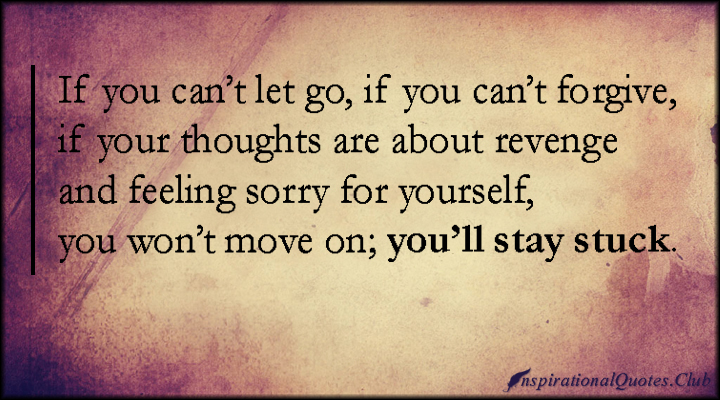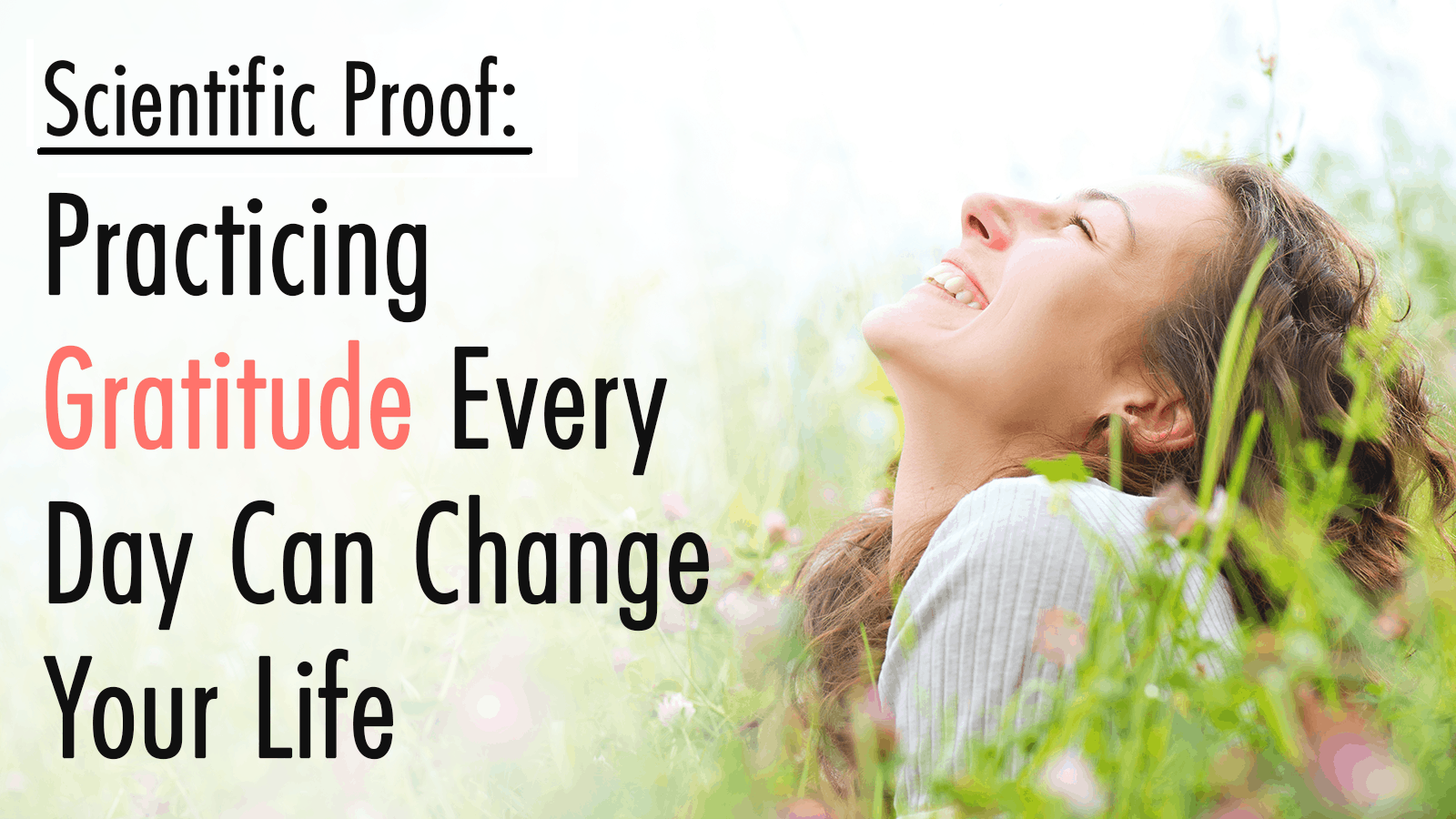Life offers us endless opportunities to elevate our character, if we have the wish
“A human being is a part of the whole called by us universe, a part limited in time and space. He experiences himself, his thoughts and feelings as something separated from the rest, a kind of optical delusion of his consciousness. This delusion is a kind of prison for us, restricting us to our personal desires and to affection for a few persons nearest to us. Our task must be to free ourselves from this prison by widening our circle of compassion to embrace all living creatures and the whole of nature in its beauty.” — Albert Einstein
In today’s fast-paced world, with so many things to distract us, it’s easy to focus on the outside world and neglect what’s on the inside. In our quest for more, it often seems like we’re trying to fill some sort of void that we can’t quite identify; perhaps the void is a spiritual one, which is why it never seems to be filled by material pursuits or empty distractions.
Research shows that when we are out of touch with our internal selves, and particularly when we lack a spiritual connection, both our mental and physical health can suffer.
While spirituality varies among cultures and among individuals, there are some basic truths connecting those with upright intentions, and these principles can guide us in living as good people.
When we work on fostering our spiritual sides, studies show that memory and cognition improve, immunity is boosted, blood pressure improves, things like depression, stress, and anxiety lessen, anger and resentment decrease, and the risk of heart disease, diabetes, and other chronic conditions also decreases.
Strengthening our spiritual sides increases our overall levels of happiness, hope, optimism, and internal calm. We may find a deeper meaning and purpose for our lives. An analysis of research studies revealed that those who are more spiritual have stronger marital relationships, commit fewer crimes, have significantly lower rates of substance abuse, perform better in school, and thus have an overall positive impact on those around them and society as a whole.
With so many great benefits, let’s take a look at a few simple things we can do to strengthen our spiritual well-being.
Cultivate Integrity
According to the American Heritage dictionary, integrity is “steadfast adherence to a strict moral or ethical code,” or “the quality or condition of being whole or undivided; completeness.”
Integrity is doing the right thing, even when no one is looking. Of course, looking at it from a spiritual perspective, nothing truly goes unseen.
Integrity requires being honest with oneself and others, self-discipline and willpower, and a commitment to upholding our values and principles, even if it means we lose out as a result. It means not taking the easy way out, and not choosing our self-interest over what’s right.
There is a proverb that says, “There’s no pillow as soft as a clear conscience.” A clean conscience comes only through living a life of integrity, and its importance was well-known to older generations, who were often heard saying, “The reason I sleep well is because I have a clean conscience.” Unfortunately, the value of integrity has been largely lost in modern times, and in its place, a focus on money and a desire to get ahead have taken its place. Coincidentally, problems sleeping are common.
To live with integrity, it’s important that we identify our values to help determine the kind of person we are and who we want to be. This brightens our moral compass. As we strive to live this way, our character becomes more grounded in goodness, while our negative aspects are weakened and eliminated.
Forgive and Let Go
Forgiveness is an integral part of all upright spiritual teachings. For example, Jesus said, “But I say to you who hear: Love your enemies, do good to those who hate you, bless those who curse you, and pray for those who spitefully use you.” Luke 6:27–28
When we are treated unkindly or in a way we view as unfair, we may feel justified in our anger or resentment toward another person. But when we carry these things in our hearts, as the saying goes, it’s like drinking poison and thinking it will harm the other person. 
Several years ago, I had a co-worker who regularly disagreed with me. It created a lot of tension, and over time, I developed resentment toward her for being controlling and trying to tell me how to do my job. I found myself increasingly disliking going to work, and even considered looking for another job.
Then one day, a light bulb went off. I thought: “This is my job. I can either go to work and be miserable, or I can go to work and be happy. It’s up to me.”
With this realization, I went to work the next day with a different attitude. I forgave what I viewed as my co-worker’s transgressions, and began to let go of the resentment I’d had. I kept a pleasant demeanor and didn’t let little things get to me, and as a result, I somehow felt lighter. The things that had bothered me now seemed so insignificant that I often didn’t even notice them unless someone pointed them out.
The amazing thing was, as I changed myself, my surroundings changed. My co-worker stopped trying to tell me how to do my job all the time, and the situation between us became harmonious. This unintended consequence of practicing forgiveness and working on changing myself benefitted not just me, but the environment around me.
Act Selflessly
Altruism, or selflessness, is another universal teaching in upright spiritual practices. As Buddha said, “A generous heart, kind speech, and a life of service and compassion are the things which renew humanity.”
To act with selflessness is to let go of one’s own desires for the benefit of others. It means helping another person out of the goodness of your heart, without any expectation of reward. It is putting yourself in another person’s shoes and having true compassion. 
Unfortunately, in today’s society, the opposite isn’t only promoted, but often applauded and even rewarded. But the good news is, with some introspection and awareness, selflessness can be learned and gradually become a part of our daily lives.
Little acts of kindness, such as listening to another person without thinking of what we’re going to say next, bringing a cup of coffee to a coworker, or mowing our elderly neighbor’s lawn, are simple ways we can put others before ourselves.
As we go about our day, it’s a good idea to pause and ask ourselves, “Why am I doing this?” In other words, what’s our true motivation behind our actions? Are we taking our ill friend a bowl of soup because we know how miserable it is to have the flu and want to help her feel better, or because we want to hear we’re such a great friend or what a good cook we are? Examining our thoughts is key.
Helping for the sake of helping, with a pure and genuine heart, benefits others, and inadvertently ourselves as well. Studies have shown that altruistic behaviors lead to more peace of mind, lowered cortisol levels, and even decreased risk of heart disease, to name a few.
Practice Gratitude
In a world where we can have almost anything we want whenever we want it, it’s easy to take things for granted and lose sight of the importance of gratitude.
Recently, an incident occurred when I was teaching my son about being grateful for what he had and not expecting more and more. My husband overheard our conversation and joined in to stress what I was saying. He surprised me when he told our son: “Every day when I wake up, I say a prayer. I don’t ask for anything. I only say ‘thank you,’ even if it’s just for my two arms and legs that allow me to go to work, or for the roof over my head.”
Being grateful for what we have, without desiring or asking for more, even in the face of difficulties and struggles, is most certainly a worthwhile endeavor. 
Studies have shown that gratitude can be cultivated. By doing things like keeping a gratitude journal, or reflecting on three things we’re grateful for at the end of every day, we strengthen our gratitude muscle. We can even learn to be grateful for the hard times.
Leonardo da Vinci said: “Obstacles cannot crush me. Every obstacle yields to stern resolve. He who is fixed to a star does not change his mind.” Our difficulties help steel our resolve to achieve our goals and strengthen who we are. And without the hard times, how would we know what we’re capable of?
Look for the Lesson
Not a day goes by that we don’t encounter multiple opportunities to improve ourselves. Everything happens for a reason. While we may not understand why things occur, what we can come to understand is the lesson contained within.
While working with my co-worker, I had another realization: The things that annoyed me about her were actually things that existed in me—she was just a mirror reflecting what was in me. At first, this wasn’t something I even wanted to admit to myself, let alone anyone else, and wondered if I really had such a controlling way about myself.
As I paid attention to my thoughts and behaviors, sure enough, I saw the hard truth: I, too, had my own way of wanting to control things. As I reflected on the situation more later, I discovered that the situation was an opportunity to look at myself and learn some valuable lessons.
I also realized that when a certain type of situation kept repeating itself, though it might take different forms, it was trying to teach me a lesson. As I began to watch for patterns in the things that happened in my life, I also learned that if something about another person annoyed me, it was a sure sign that I had that thing in me in some form or another.
Over the years, I’ve seen that my most valuable lessons have actually come out of my most difficult situations. Though I didn’t relish having those painful or hard times, I saw that they did, in fact, serve an important purpose—self-growth. And if I didn’t work on improving that part of myself, the situation would keep recurring in different scenarios.
When my son entered elementary school, I began having regular talks with him that we dubbed “life lessons.” I tried to teach him the importance of being kind to others, no matter how he was treated, to be honest, thoughtful, patient, and to share with others. I also made up “what if” scenarios to get him to think about how he might handle different types of difficult situations, and then we would discuss possible solutions.
One day, when a little boy treated him unkindly in second grade, he came home and told me that he wasn’t mean back to him, and said, “I think his momma must not teach him about life lessons.” When my son did do something wrong, I tried to get him to understand why it was wrong and to think about how he could do better next time.
My hope is that these lessons laid the groundwork for my son to learn how to reflect upon his own actions, see what he could learn from them, and continually strive to be a better person.
In my view, what happens in our lives is meant to teach us to rectify our wrongs and change ourselves for the better by improving our patience, honesty, kindness, empathy, and other good qualities.
In Conclusion
Research has borne out what common sense tells us: Strengthening our spiritual well-being is good for both our mental and physical health. It elevates our moral character, strengthens our relationships, improves our performance in school and at work—and is an essential underpinning of a good society.
As Rumi said: “Yesterday I was clever, so I wanted to change the world. Today I am wise, so I am changing myself.” By employing some of these techniques in our everyday lives, we can improve ourselves, and naturally have a positive influence on the world around us.
the universe is infinite. In an Infinite Creator there is only unity. In truth there is no right or wrong. You are every thing, every being, every emotion, every event, every situation. You are unity. You are infinity. You are love/light, light/love. You are. This is the Law of One. 1.7



 of the Law of One. The three members of L/L research, Don Elkins, a former Physics Professor and Airline pilot; Carla Rueckert, a devoted Christian, and James McCarty, the scribe and sole survivor today would be involved for the next three years, from 1981 to 1984, in the remarkable contact. Carla was used as the channel known as “tuned trance telepathy”, while Don asked question and Jim recorded the questions and responses. All the material can be found on line for free or you can purchase the book known as the Law of One: The RA Material, by RA the humble messenger of The Law of One.
of the Law of One. The three members of L/L research, Don Elkins, a former Physics Professor and Airline pilot; Carla Rueckert, a devoted Christian, and James McCarty, the scribe and sole survivor today would be involved for the next three years, from 1981 to 1984, in the remarkable contact. Carla was used as the channel known as “tuned trance telepathy”, while Don asked question and Jim recorded the questions and responses. All the material can be found on line for free or you can purchase the book known as the Law of One: The RA Material, by RA the humble messenger of The Law of One.
 For the seeker, The Law of One provides insight and understanding of just not our world, past and present, but our vast infinite spiritual world and universe. Even more important, we learn who we are, why we are here and where we are going. Our purpose in this life to is learn the ways of love and wisdom and to be of service to others if your are on the positive path. We are entities of
For the seeker, The Law of One provides insight and understanding of just not our world, past and present, but our vast infinite spiritual world and universe. Even more important, we learn who we are, why we are here and where we are going. Our purpose in this life to is learn the ways of love and wisdom and to be of service to others if your are on the positive path. We are entities of  are discussed. The negative group called
are discussed. The negative group called  The Law of One transcript is available free with a searchable
The Law of One transcript is available free with a searchable 







